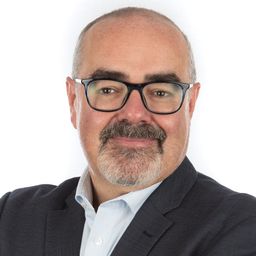
Prof. Diego Mantovani
Holder of the Canada Research Chair in Biomaterials and Bioengineering for the Innovation in Surgery (2012-2026), professor at the Department of Materials Engineering at Laval University, senior scientist at the Division of Regenerative Medicine of the Research Center of the CHU de Québec, Diego Mantovani is a recognised specialist in biomaterials. At the frontier between engineering, medicine and biology, within his team, their works aim to improve the clinical performances of medical devices for effective functional replacement, and to envisage the next generations of biomaterials to develop strategies based on regenerative medicine susceptible to enhance the quality of the life of patients.
He has authored more than 365 original articles, holds 5 patents, and presented more than 190 keynotes, invited and seminar lectures worldwide in the field of advanced materials for biomedical applications. So far, his works received more some 13000 citations. He is Fellow of the International Union of Societies for Biomaterials Science & Engineering (FBSE), Fellow of the American Society for Materials Intl , Fellow of the Canadian Academy for Engineering, and Fellow of the American Institute for Biological and Medical Engineering. He was Executive Co-Chair of the 10th World Biomaterials Congress 2016. He is advisor of three medical devices consortium in the Americas, Asia and Europe.
Sessions in which Prof. Diego Mantovani participates
Thursday 2 June, 2022
Cardiovascular diseases represent the leading cause of death in the world. Stents are used to treat the complications that atherosclerosis causes at late stage of its progression. Made from different alloys such as stainless steel, nitinol and cobalt chromium alloys (L605), this latter has generated significant interest because it allows the fabrication of thinner devices, which have decreased post-implantation clinical complications. ...